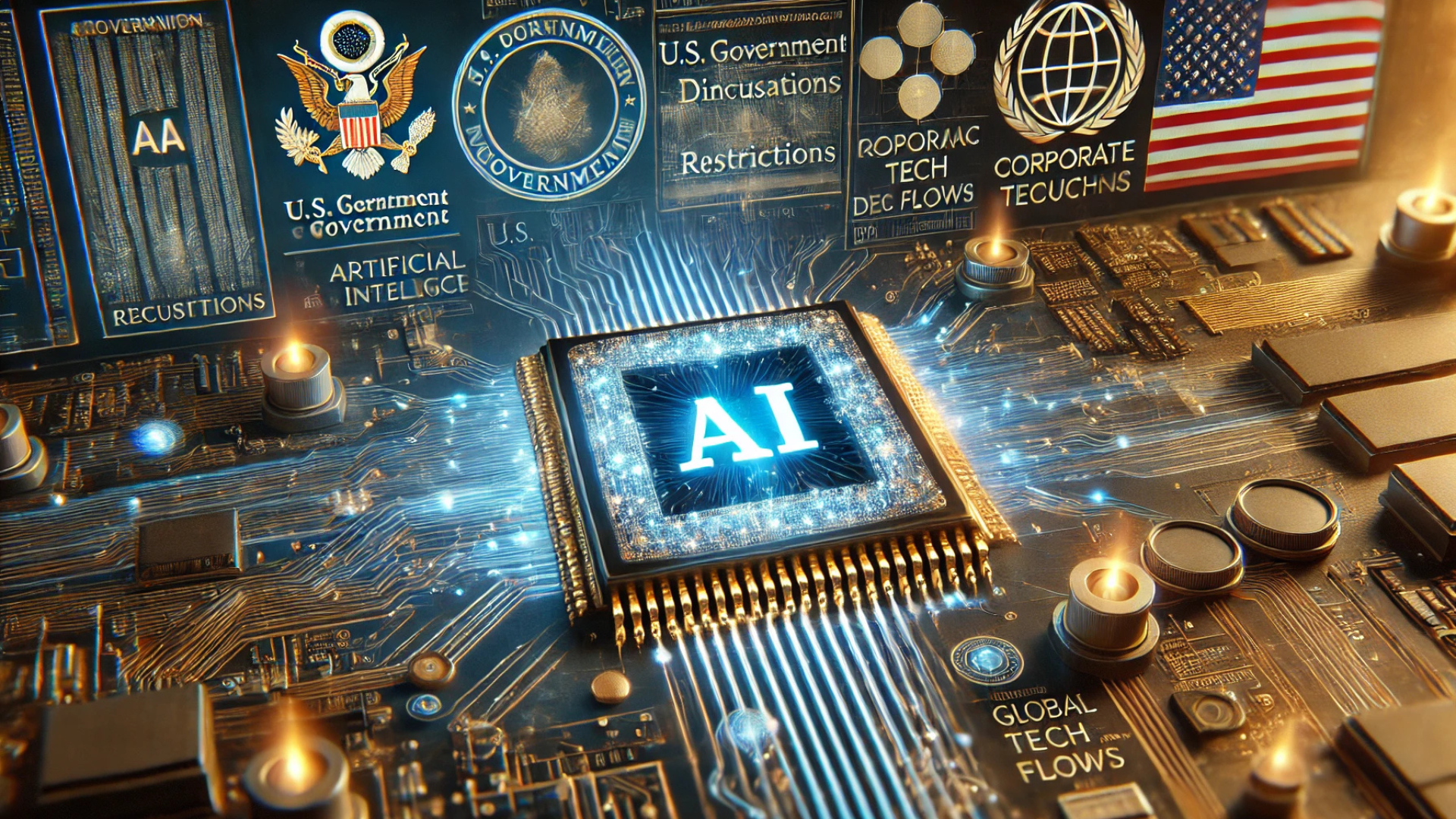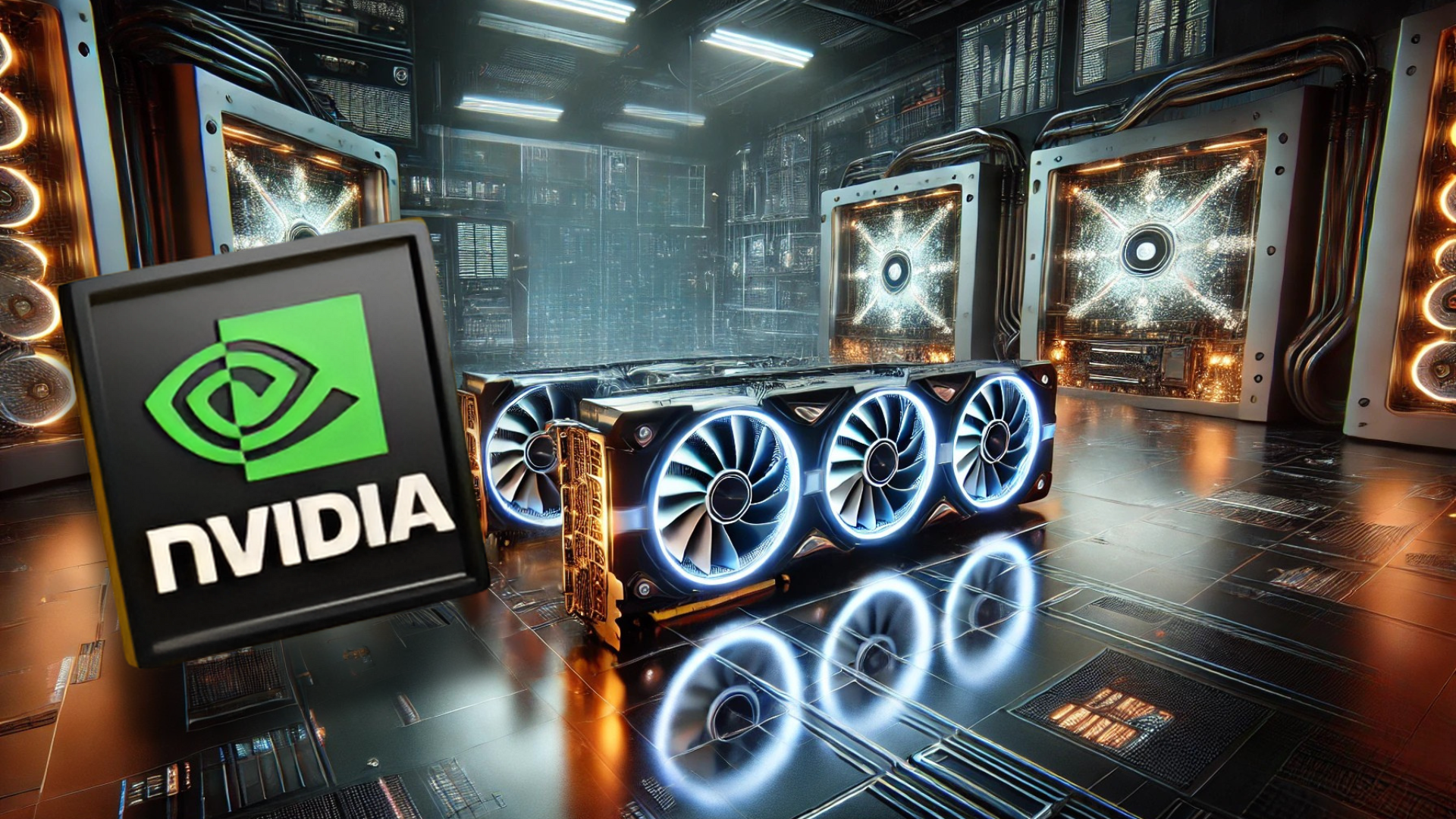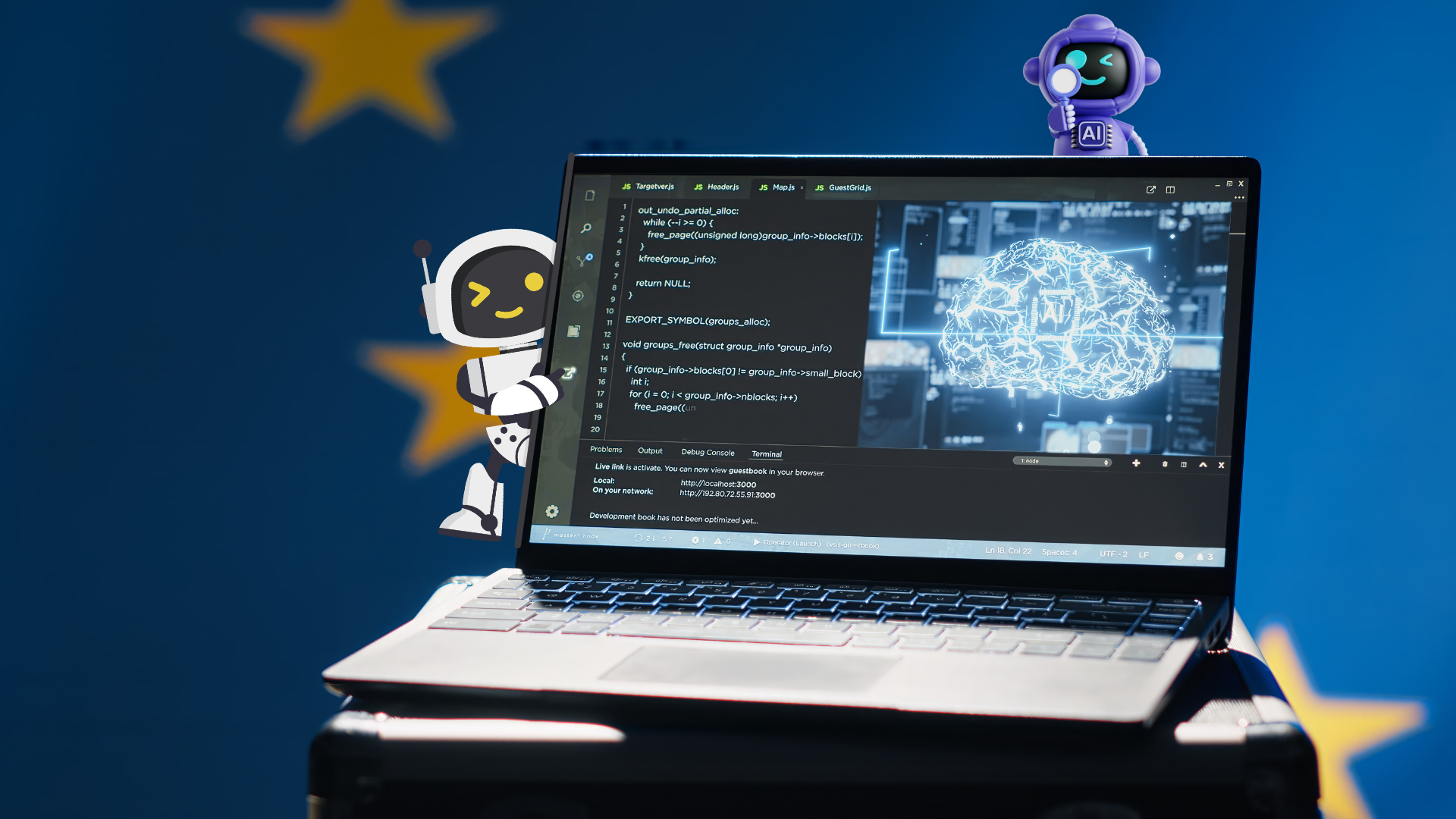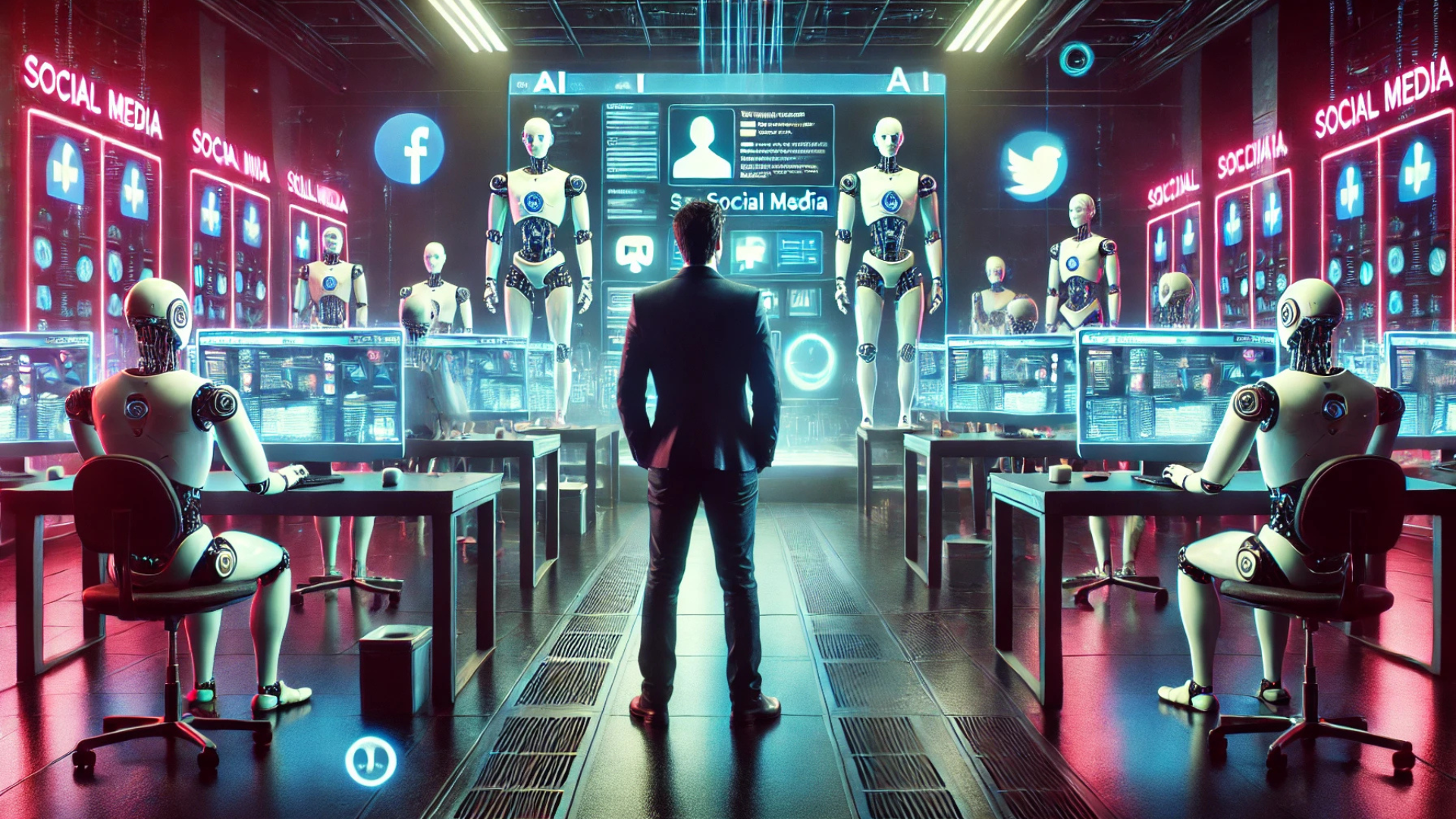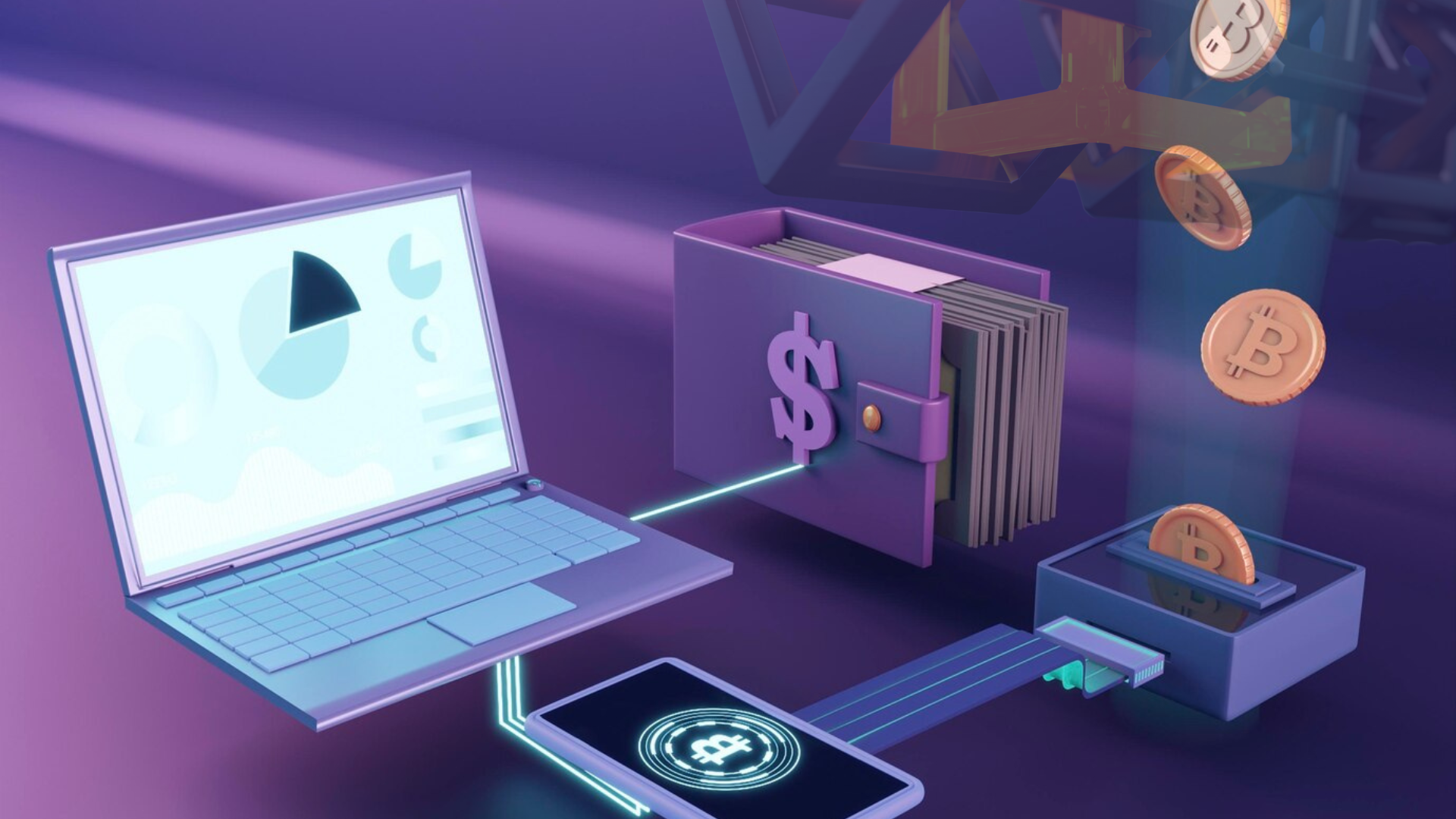
Warnings about artificial intelligence (AI) have been circulating for years, with experts raising concerns about its rapid advancement and the potential erosion of privacy, intellectual property, and data security. As AI integrates into nearly every facet of life, it has become clear that the world is entering the Fourth Industrial Revolution, driven by breakthroughs in quantum computing, robotics, biotechnology, and AI.
However, as AI expands at an unprecedented rate, the need for transparency, security, and trust in its development and deployment has never been more urgent. Blockchain technology offers a decentralized and verifiable system to enhance the integrity of AI models, ensuring they are not operating as unaccountable “black boxes.”
The Current State of AI: Privacy Challenges and Censorship
The launch of DeepSeek, an AI model tied to China, ignited global discussions about AI transparency and censorship. The model’s built-in filters blocked queries related to sensitive political topics, raising concerns about AI’s potential to control and manipulate information. While DeepSeek is open-source, allowing users to run it on their own devices, the technical complexity and resource-intensive nature of local deployment remain barriers for most people.
Privacy concerns surrounding AI are growing. More than 1.7 billion data breaches were reported in the U.S. alone last year, highlighting the urgency of integrating AI with blockchain. However, the question remains—are blockchain nodes sufficient to protect our data in the AI era?
Blockchain and AI: The Rise of AI Agents
Blockchain is already reshaping AI, with key developments in decentralized data storage, large language models (LLMs), and the Web3 ecosystem driving innovation. The emergence of AI agents, autonomous systems designed to execute tasks on behalf of users, is one of the most promising applications.
Projects like ElizaOS, a decentralized AI venture capital DAO, showcase the potential of AI agents in Web3. These agents could revolutionize various industries:
- Automated trading agents optimizing DeFi strategies and yield farming.
- AI-driven NPCs powering dynamic gaming economies.
- Decentralized marketplace facilitators enabling trustless AI-driven commerce.
While the possibilities seem limitless, security concerns surrounding AI agents remain a pressing issue.
Private AI: Securing the Future of Intelligence
Blockchain’s public ledger design creates challenges for privacy and security, especially in AI-related applications. AI-driven trading, for instance, could be vulnerable to reverse engineering and market manipulation if trading strategies are publicly visible.
Private AI is emerging as a crucial solution. It allows AI models to operate on encrypted data, enabling:
- Privacy-preserving computation, unlocking secure and trust-driven AI applications.
- AI-powered trading without exposing sensitive data, reducing market risks.
- Institutional on-chain trading, where private AI can power dark pools, ensuring secure order execution while maintaining blockchain transparency.
Beyond finance, private AI could transform healthcare. The slow adoption of AI in medicine is largely due to data privacy concerns. Encrypted AI models can analyze sensitive patient data without compromising confidentiality, unlocking secure and decentralized healthcare solutions. Similarly, personalized AI assistants could operate without exposing private user data to centralized entities, reducing risks of data exploitation and manipulation.
Privacy and Innovation Go Hand in Hand
The Fourth Industrial Revolution is underway, with AI leading the charge. However, without blockchain-powered privacy solutions, the risks associated with AI could outweigh its benefits. Private AI is the key to ensuring that innovation and privacy evolve together, securing the future of artificial intelligence while maintaining trust, security, and transparency in a decentralized world.

















































































































































